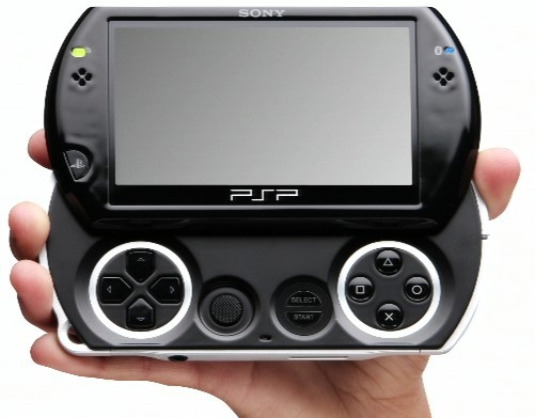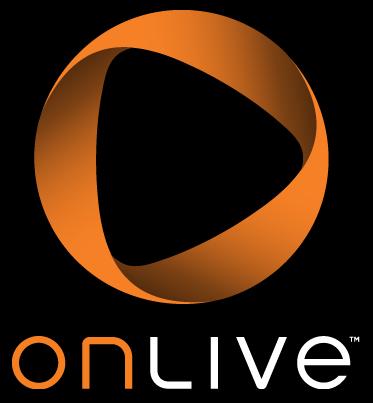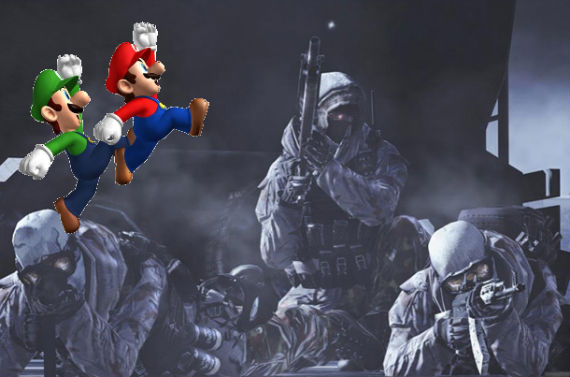 Count me among the legions of gamers who are totally sucked in to Mass Effect 2. It’s not the combat — a Gears of War-Star Wars cocktail — but the branching, choose-your-own dialog that hooked me. I’ve probably spent more time conversing with the galaxy’s countless creatures than I have shooting up baddies.
Count me among the legions of gamers who are totally sucked in to Mass Effect 2. It’s not the combat — a Gears of War-Star Wars cocktail — but the branching, choose-your-own dialog that hooked me. I’ve probably spent more time conversing with the galaxy’s countless creatures than I have shooting up baddies.
Unfortunately, players who own standard definition televisions — even big ones — complain that the text in Mass Effect 2 is too small to read. There’s a lengthy thread on the topic in developer Bioware’s forums, and Ars Technica’s Ben Kuchera, who picked up on the story, said he’s getting hit with e-mails from upset gamers.
High definition allows game developers to include text in smaller sizes, freeing up screen real estate for other, arguably more important things. But in Mass Effect 2, text is front-and-center. The game routinely bombards players with conversation choices, many of them crucial to the outcome of the game. In addition, players can spend hours in the game reading up on alien races, unexplored planets, historic locations, notable people and the (un)scientific phenomena that give characters their special powers. I can imagine how frustrating illegible text would be.
This isn’t the first time text posed a problem for gaming in standard definition. In 2008, players complained that the font in Banjo-Kazooie: Nuts and Bolts was too hard to read. Originally, developer Rare said the issue would be too expensive to fix, but they ultimately caved and released an update. I ran into this issue with several games a few years ago, before making the leap to HD.
The question is, should game developers put in extra man hours to accommodate standard definition text? For now, I think an option for big text is reasonable. Leichtman Research Group says nearly 50 percent of U.S. homes have at least one HDTV, not enough to leave stragglers out in the cold for a text-heavy game like Mass Effect. I don’t know the technical challenges adding optional large fonts to a game, but Bioware isn’t rushing; The company’s message board moderator said small text was a design choice, and said not to expect a fix in the near future.








